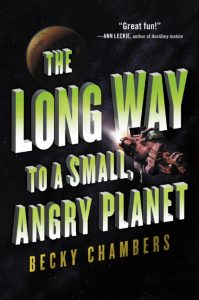One of the best arguments against using proprietary platforms is that you have no control over what they might do. I wrote about this earlier with regard to Medium and, as if I had asked them to prove a point, they pivoted a week later and left a lot of their users out in the cold.
That is the risk of using proprietary platforms – you just never know what they might do and, importantly, you have no say in what they might do.
Here is another example by way of GitHub and DMCA takedowns. Earlier this week a complaint was filed for a DMCA takedown against an open source project known as Gadgetbridge (DMCA is the Digital Millennium Copyright Act, one of the things this (US) Act enables are ‘takedowns’ – GitHub has a pretty good explanation of them on their site).
It seems that someone had created an issue in the GitHub Gadgetbridge repo which included a screenshot of a competitive product. The actual DMCA complaint is here. There is a discussion about it on reddit here.
It appears that there is little basis for arguing a copyright infringement.
The problem here is that it appears GitHub has a ‘keep our hands clean’ policy towards takedowns ie. they will just read the complaint to see if the process has been followed and go ahead and takedown the recommended repositories. In this case, they took down the entire Gadgetbridge repo. GitHub does have an option here, they could have looked into the case further and decided that the complaint had no basis and, consequently, refused to takedown the repositories. Alternatively, they could have isolated the takedown to specific files and not the entire repository.
Imagine what this would do to your community if you run an open source project and your entire workflow revolves around GitHub (as it does for most open source projects).
I highly recommend you don’t use GitHub or any other proprietary service for hosting your code. If you do so, you are vulnerable to these kinds of acts. Cynically, it is not unimaginable that proprietary competitors could leverage GitHub policies to get you taken offline. If you run GitHub pages for your site that would also mean your web presence would go down. At the very least, GitHub are not trusted stewards of your code. Host your code and all other services on your own instances of free software applications eg Mattermost, Gitlab etc




